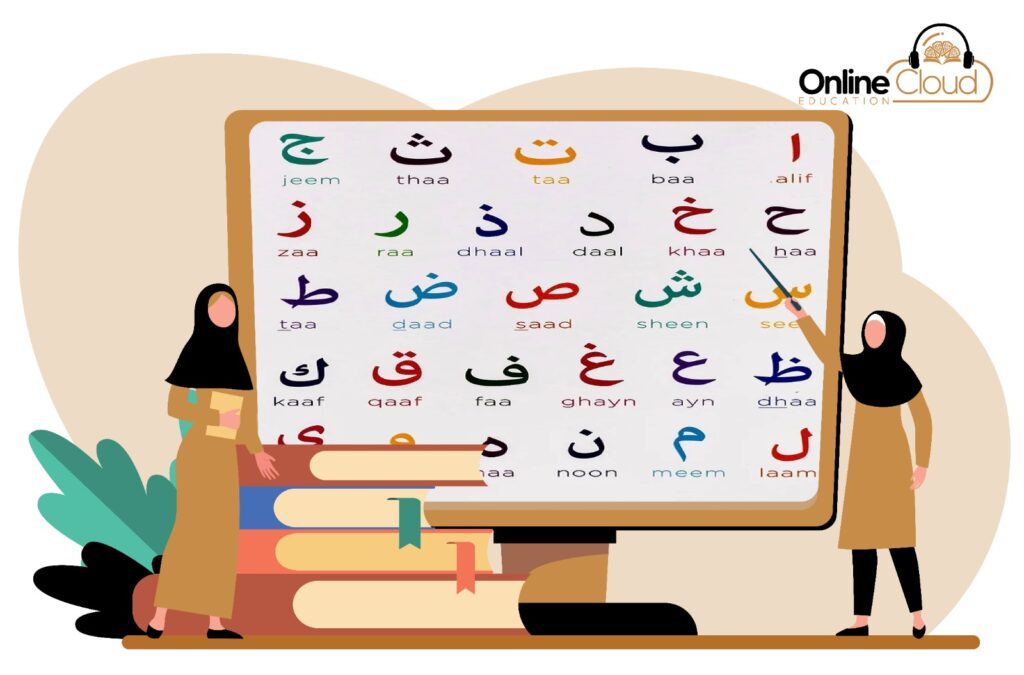Eid al-Adha: Festival of Sacrifice
Eid al-Adha, also known as the Festival of Sacrifice. Is a significant Islamic holiday celebrated on the 10th day of Dul Hajja. The 12th month of the Islamic lunar calendar. This festival holds deep religious and cultural importance for Muslims worldwide, commemorating the willingness of Prophet Ibrahim (Abraham) to sacrifice his son Isma’il as an act of obedience to God.
Historical and Spiritual Significance
The story of Prophet Ibrahim and his son Isma’il is central to the observance of Eid al-Adha. According to Islamic tradition, Ibrahim received a divine command in a dream to sacrifice his beloved son Isma’il. As a test of his faith. Both father and son demonstrated obedience to God’s command. But as Ibrahim prepared to carry out the sacrifice. God intervened by providing a ram to be sacrificed instead. This act symbolizes Ibrahim’s ultimate submission to God and God’s mercy and provision.
Rituals and Practices
Eid al-Adha begins with Muslims performing the Eid prayer in congregation at mosques or open prayer grounds. The prayer is followed by a sermon (khutbah) emphasizing the significance of sacrifice, obedience, and gratitude in Islam. Families then gather to perform the Qurbani (sacrifice) of an animal, typically a sheep, goat, cow, or camel, in remembrance of Ibrahim’s willingness to sacrifice.
The meat from the sacrificed animal is divided into three parts;. One-third is given to the poor and needy, one-third is shared among relatives and friends, and the remaining one-third is kept for the family. This division reflects the Islamic values of charity, generosity, and community solidarity during Eid al-Adha.
Importance of Duas in the First 10 Days of Dul Hajj
The first 10 days of Dul Hajj are considered highly virtuous in Islam. Marked by increased acts of worship and supplication (duas). Muslims are encouraged to engage in abundant remembrance of Allah (dhikr) and to seek forgiveness for past sins. People believe that sincere prayers during these days are especially meritorious and can lead to spiritual purification and blessings.
Muslims recite specific duas and prayers, invoking Allah’s mercy and guidance, and asking for blessings upon themselves, their families, and the entire Muslim ummah (community). This period offers a special opportunity for introspection, repentance, and drawing closer to Allah through acts of devotion and prayerful reflection.
The Importance of Online Platforms for Dua Memorization
In today’s digital age, online platforms play a crucial role in facilitating dua memorization and Islamic education. Platforms like “Online Cloud Education” offer specialized courses and one-on-one guidance for memorizing Islamic supplications (duas). These platforms provide structured learning environments where students can learn at their own pace, with expert tutors who offer personalized guidance and support.
“Online Cloud Education” stands out for its dedicated section on Islamic supplication. Where learners can access comprehensive resources, practice sessions, and interactive tools to aid in dua memorization. This online approach not only makes learning convenient and accessible but also ensures that students receive accurate guidance from qualified instructors.
Community and Charity
Eid al-Adha is a time of joyous celebration and unity within the Muslim community. Families and friends come together to share festive meals, exchange gifts, and visit one another. It is also a time for reflection on the blessings of Allah. And the importance of compassion towards others, especially those less fortunate. Muslim’s encouraged . To perform acts of charity and extend. Kindness to their neighbors and community members, ensuring that everyone can partake in the festivities.
Global Observance
Eid al-Adha is observed by Muslims. Around the world. Regardless of nationality, ethnicity, or cultural background. The rituals and practices may vary slightly across different regions. But the core principles of sacrifice, gratitude, and communal harmony remain central to the celebration. In countries where Muslims are a minority, authorities and communities actively ensure recognition and respect for Eid al-Adha. Allowing Muslims to practice their religious traditions freely.
Reflection and Renewal
Beyond its religious observance, Eid al-Adha serves as a time for spiritual reflection and renewal of faith. Muslims contemplate the lessons of sacrifice and obedience exemplified by Prophet Ibrahim. And strive to emulate these virtues in their own lives. The festival reinforces the importance of surrendering to God’s will and trusting in His guidance, even in times of adversity or uncertainty.
Conclusion
In conclusion, Eid al-Adha, the Festival of Sacrifice, holds profound significance in the Islamic faith. As a testament to Prophet Ibrahim’s unwavering faith and submission to God. It is a time for Muslims to reaffirm their devotion to Allah. Strengthen bonds of community and family, and extend compassion to those in need. Through rituals of sacrifice, charity, and celebration, Eid al-Adha exemplifies the timeless values of Islam. And serves as a source of spiritual enrichment and unity for Muslims worldwide.





